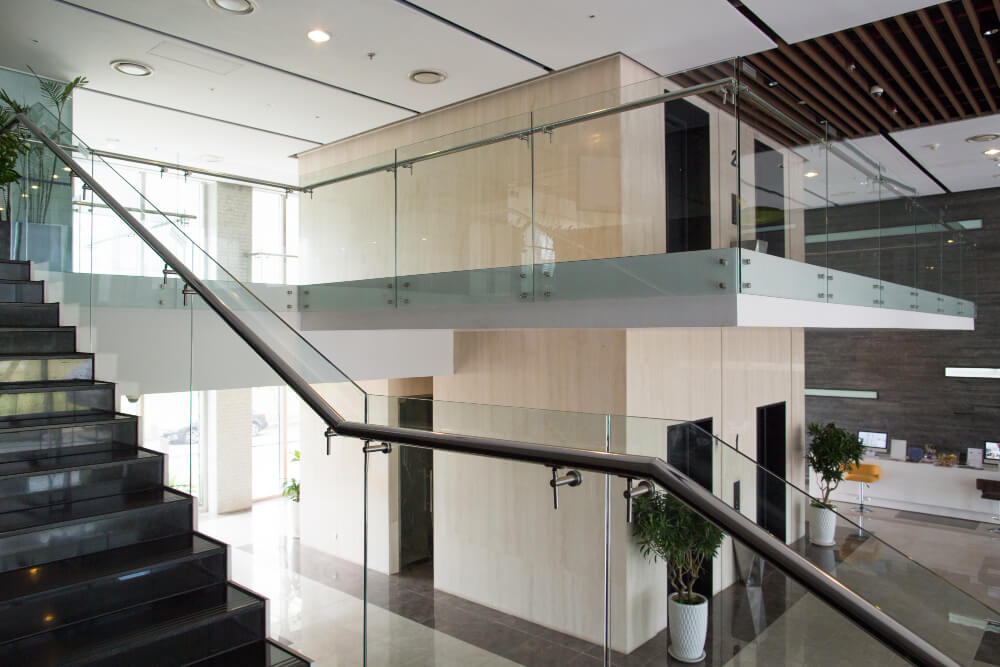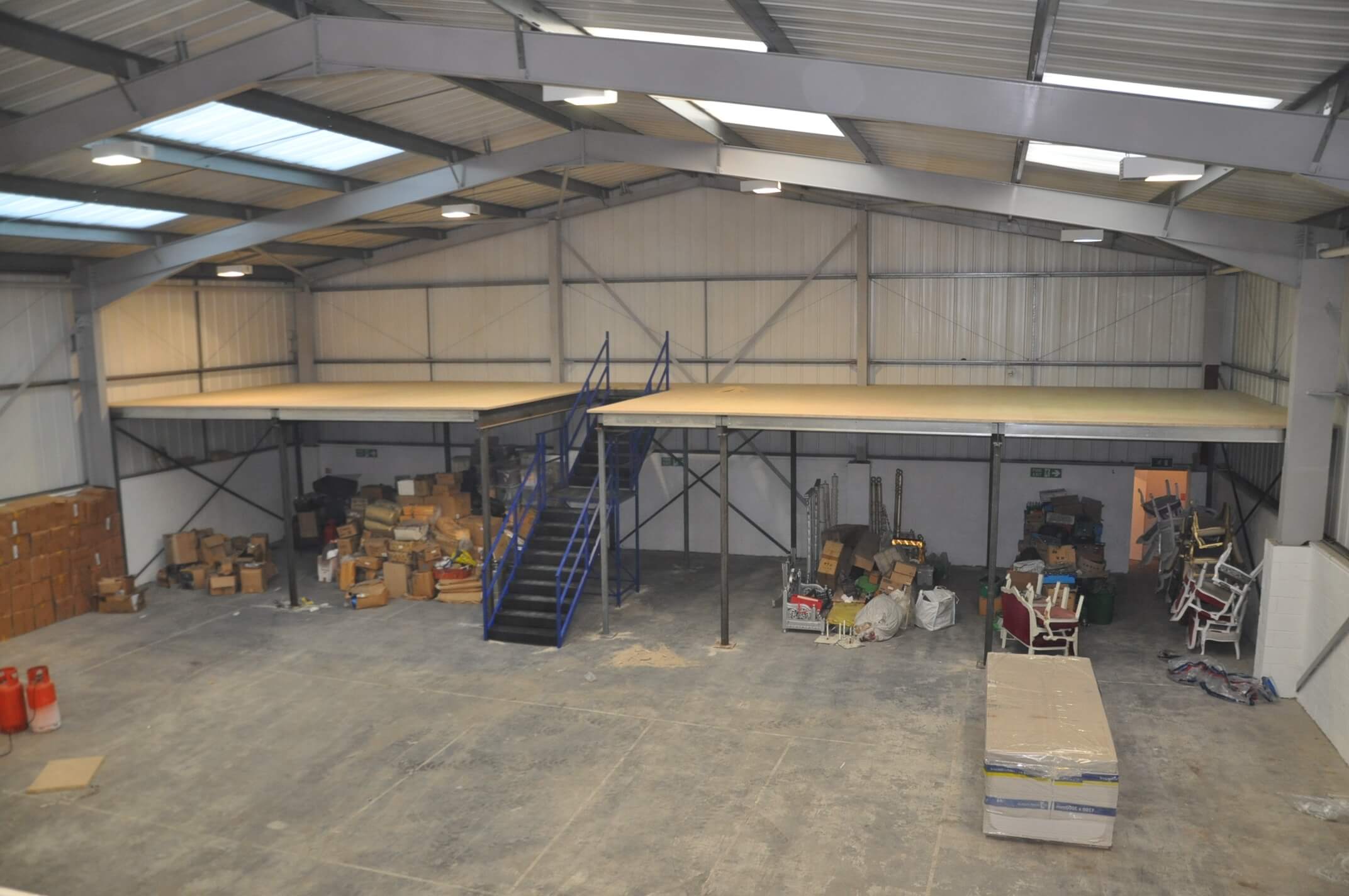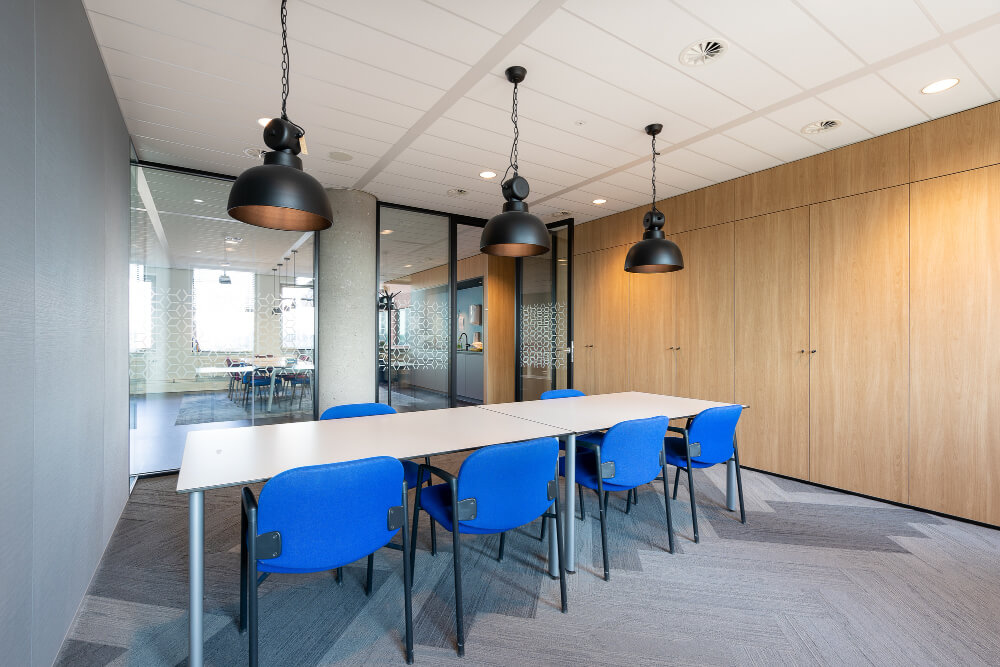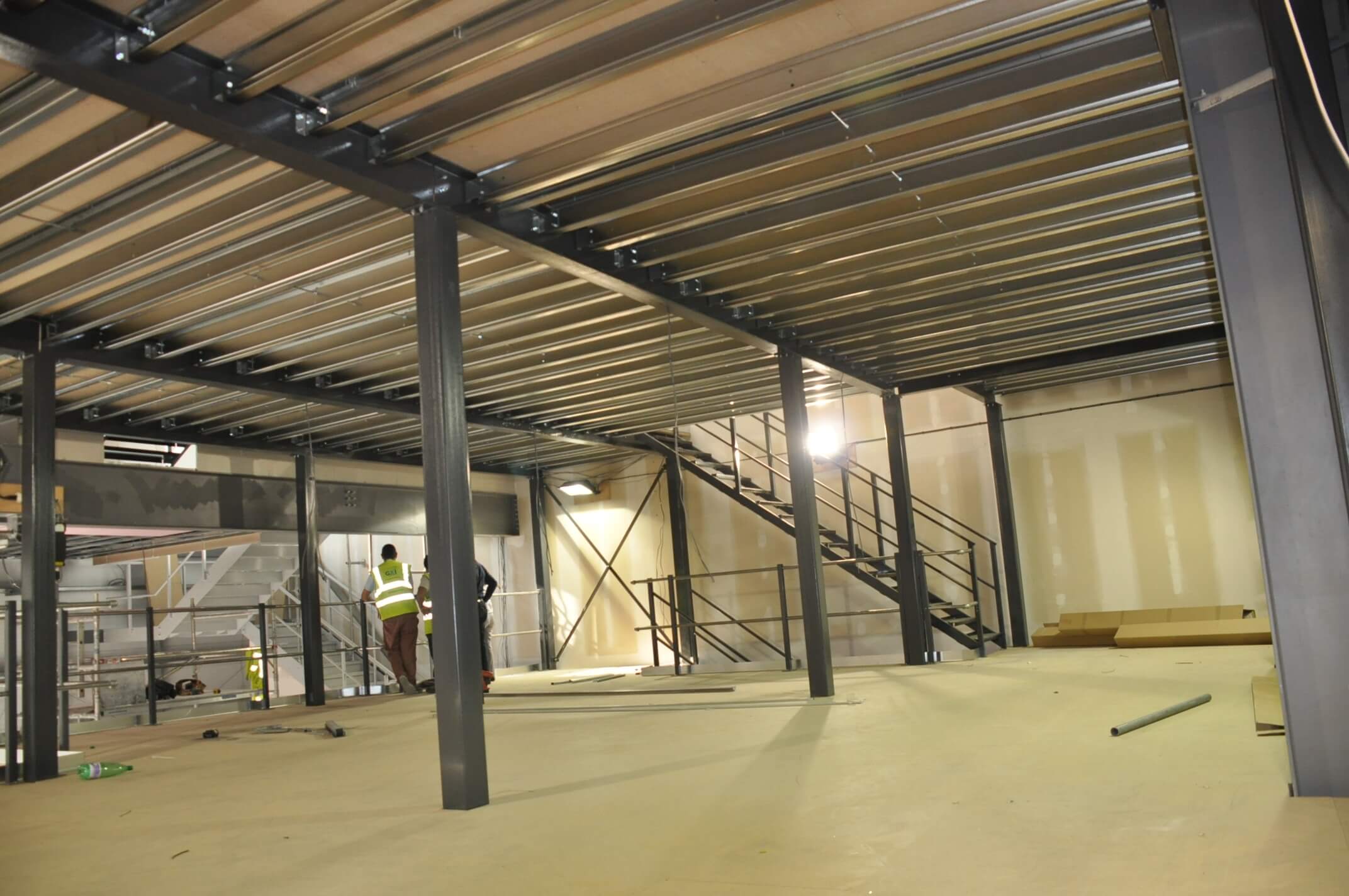The Eco-Friendly Advantage: Sustainable Mezzanine Flooring Solutions

In today’s increasingly environmentally conscious world, sustainability is a top priority for businesses in every industry. Companies are constantly seeking ways to reduce their carbon footprint and minimize the impact of their operations on the planet. When it comes to mezzanine flooring solutions, there are sustainable options available that not only provide functional benefits but also contribute to a greener future. In this blog post, we will explore the eco-friendly advantage of sustainable mezzanine flooring solutions and how they can benefit both businesses and the environment.
1. Recycled and Reclaimed Materials
One of the key aspects of sustainable mezzanine flooring solutions is the use of recycled or reclaimed materials. Instead of relying on virgin materials, these flooring options are made from materials that have been repurposed or salvaged from existing sources. For example, steel grating made from recycled steel offers an eco-friendly alternative to conventional floor materials. By giving new life to materials that would otherwise go to waste, businesses can significantly reduce their environmental impact and contribute to a circular economy.
2. Low Embodied Energy
Embodied energy refers to the total energy consumed in the production, transportation, and installation of a material. Sustainable mezzanine flooring solutions typically have low embodied energy, meaning they require significantly less energy to manufacture and install compared to traditional flooring options. This reduction in energy consumption helps lower greenhouse gas emissions and conserve valuable resources. Choosing sustainable flooring materials not only benefits the environment but also supports businesses in achieving their sustainability goals.
3. Durability and Longevity
Sustainable mezzanine flooring options are designed to be durable and long-lasting. They are built to withstand heavy use and maintain their structural integrity over time. This durability eliminates the need for frequent replacements or repairs, reducing material waste and extending the lifespan of the flooring system. By investing in sustainable flooring solutions, businesses can minimize their environmental impact by reducing waste generation and promoting a culture of sustainability.
4. Energy Efficiency and Insulation
Another advantage of sustainable mezzanine flooring solutions is their potential to improve energy efficiency. Certain materials, such as insulated metal panels or composite decking, can provide thermal insulation properties. By reducing heat transfer through the floor, these materials help maintain a more consistent temperature within the facility and reduce the energy required for heating or cooling. This energy-saving feature not only helps businesses reduce their carbon footprint but can also result in significant cost savings in the long run.
5. End-of-Life Considerations
Sustainable mezzanine flooring materials are often designed with end-of-life considerations in mind. These materials can be recycled or repurposed at the end of their lifespan, minimizing waste and reducing reliance on virgin resources. Manufacturers of sustainable flooring solutions often have recycling programs or partnerships in place to ensure that materials are properly reused or disposed of when they reach the end of their useful life. This closed-loop approach ensures that resources are efficiently managed and contributes to a more sustainable and circular economy.
Conclusion
Choosing sustainable mezzanine flooring solutions is not only beneficial for the environment but also for businesses seeking to reduce their environmental impact and meet sustainability goals. By opting for recycled or reclaimed materials, minimizing embodied energy, investing in durable options, improving energy efficiency, and considering end-of-life considerations, businesses can make a significant contribution to a greener future. Embracing sustainable flooring solutions is an investment in both the environment and the long-term success and sustainability of the business.




